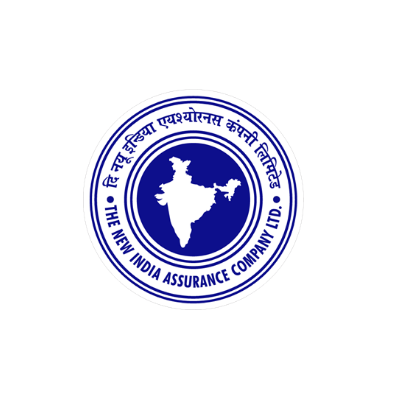HEALTH INSURANCE FOR PRE EXISTING CONDITIONS WHAT YOU NEED TO KNOW
Pre-existing conditions or pre-existing diseases are disorders or ailments you already suffer from even before buying an insurance policy. Now, if you face a major accident, such an instance can also fall under a pre-existing condition based on its severity. Pre-existing conditions can range from serious medical conditions such as cancer or diabetes, to illnesses like blood pressure or allergies. So, say your doctor diagnoses you with asthma, and you have a prescription for asthma medication. Now you buy health insurance one year later than that. Then, your health condition in this case asthma is a pre-existing condition.Remember, it is essential to be transparent and inform your insurer about any condition of pre-existing disease. If you do not disclose your pre-existing condition to your insurer and they find out about it later, then they may not cover it at all. So, it’s better to either inform or even get insured for any pre-existing condition.
Pre-Existing Conditions and your Health Insurance
When it comes to pre-existing conditions, there are no repercussions, they may have on your health insurance plan. Though different insurance companies have different clauses, there are certain parameters attached to pre-existing conditions and your health insurance policy. It is advisable to always read the terms and details of the insurance plan carefully. Let’s take a look at what these parameters are;
Premium – When it comes to pre-existing conditions, the premium shall be on a higher side for your insurance plan. As the insurer is taking the risk of covering a pre-existing disease. Such premium calculation is only applicable at the time of purchasing the insurance policy. Keep in mind it cannot be charged again if the policy is renewed or on a continuous basis.
Waiting Period – Waiting period is the time you have to wait before the pre-existing disease gets covered by your insurance plan. It is not a set or standard duration but depends upon the illness, the cover, and the insurer. For instance, if a hernia is declared as a pre-existing condition, the waiting period for it will be around three years. This means the insurance policy will cover hernia after three years from purchasing the policy considering there is continuous coverage.
Medical Check-up – For pre-existing conditions, an insurer can request for a medical check-up from an individual buying the insurance policy. And the insurance premium shall be based on the test results. There is also a chance that the insurer refuses to offer any policy if the test results are highly unfavourable.
Exclusion – In many cases the insurer offers insurance coverage to individuals with pre-existing conditions. But refuses to cover it. So, if anything happens to an individual from the pre-existing condition that part shall not be covered, illness from any other reason shall only be covered. Hence in such cases pre-existing disease shall be a permanent exclusion.
Denial – In some cases, insurers refuse to offer any insurance coverage to someone with a pre-existing condition. In such cases, you cannot purchase a health insurance policy from them.
Dos and Don’ts in Case of Pre-Existing Diseases
When it comes to cases of pre-existing disease it is always best to be transparent while communicating with your insurance provider. Be truthful to the questions related to your health conditions with your insurer. Take a look at some do’s and don’ts in case of pre-existing diseases and health insurance.
Do’s:
- Get a detailed check-up done before purchasing any health insurance.
- Be transparent and communicate all details clearly.
- Know about insurance policy terms and conditions for pre-existing diseases.
Don’ts:
- Do not withhold any information.
- Do not fail to compare insurance plans to see which suits you best.
- Do not include every doctor visit information but do disclose if any long-term medication is on.
Conclusion
Keep in mind, when it comes to pre-existing conditions, it is best to be honest and transparent with the insurance provider to avoid any hassles during claim settlement and to get proper coverage you wish for. Some pre-existing diseases do get covered with the waiting period clause and different insurance providers might offer similar protection even with a reduced waiting period, though for a higher premium. So, it is not required to hide your pre-existing condition while buying health insurance and take advantage of coverage you can get even with the condition.
FAQs - Frequently Asked Questions
Let's take a look at some frequent queries on Health insurance for pre-existing conditions.
Q1. Are mental disorders pre-existing diseases?
Yes, some mental disorders are considered pre-existing diseases.
Q2. What is the waiting period for pre-existing conditions?
Most insurance policies do include pre-existing conditions in health insurance, but there is a waiting period before the pre-existing condition is covered. The duration or number of years for the waiting period depends on the applicant's age and what the pre-existing condition is.
Q3. Is the waiting period on pre-existing disease insurance negotiable?
The waiting period for pre-existing disease health insurance depends upon the terms of the policy offered by the insurer. The period can get reduced at a higher premium. However, these decisions are based on individual insurance company policies.
Q4. Can a health insurance provider deny cover for pre-existing disease?
Yes, upon check a health insurance provider can deny offering health insurance,especially on a pre-existing disease as per their set terms and conditions




































